How Does AI Change Sales: Unveiling the AI Power
In today's rapidly evolving business landscape, artificial intelligence (AI) is not just a buzzword; it's a game-changer. AI has already left an indelible mark on various industries, from healthcare to finance. This article will dive deep into how AI transforms the sales world, revolutionizing every facet of this critical business function. Buckle up as we explore the significance of AI in sales, the technology behind it, and its vast potential for the future.
- Part 1: What You Need to Know about AI for Sales
- Part 2: What are the Key AI Technologies in Sales?
- Part 3: How Does AI Shaping the Sales Landscape?
- Part 4: Ethical Considerations and Challenges of AI in Sales
- Part 5: Future Trends and Opportunities of AI in Sales
- Part 6: Leverage AI Chatbots for Businesses Enhanced Interaction
- Part 7: FAQs (Frequently Asked Questions)
What You Need to Know about AI for Sales
Let's embark on a journey to unravel the fascinating world of Artificial Intelligence (AI) and its profound impact on sales. In today's fast-paced digital landscape, AI is not just a buzzword but a catalyst for revolutionary change. It's time to demystify AI, explore its essence, and understand how it's redefining the sales landscape.
What is AI?
Artificial Intelligence, commonly called AI, is a technological marvel that simulates human intelligence in machines. It equips machines to perform tasks traditionally requiring human cognition and decision-making abilities. This encompasses a broad spectrum of capabilities, including learning, reasoning, problem-solving, and decision-making.
At its core, AI aims to replicate human thought processes, and it does so through a range of techniques and technologies. Machine learning, natural language processing, neural networks, and deep learning are key pillars enabling AI systems to function effectively.

The AI-Powered Sales Revolution
Data-Driven Decision-Making: In the past, sales strategies were often based on intuition and experience. With AI, data takes center stage. AI algorithms can process vast datasets and extract actionable insights, helping sales teams make informed decisions. This shift from intuition to data-driven decision-making enhances the accuracy and effectiveness of sales strategies.
Personalization at Scale: AI empowers businesses to offer personalized experiences to their customers on a once-unimaginable scale. AI systems can understand customer preferences, behaviors, and purchase histories through advanced data analysis. With this information, businesses can tailor their products, services, and marketing messages to individual customers, significantly enhancing customer satisfaction and loyalty.
Automation of Routine Tasks: Sales professionals are no longer burdened with repetitive, time-consuming tasks. AI-driven tools can automate data entry, lead qualification, and initial customer interactions. This frees sales teams to focus on high-value activities like building relationships and closing deals.
Predictive Analytics: AI is a game-changer in sales forecasting. AI-powered predictive analytics can provide accurate sales forecasts by analyzing historical data and market trends. This capability helps businesses allocate resources more efficiently and optimize inventory management, ultimately increasing profitability.
Improved Customer Support: AI-driven chatbots and virtual assistants provide round-the-clock customer support. They can answer inquiries, assist with common issues, and even guide customers through purchasing. This enhances the customer experience and reduces the workload on human support teams.
Lead Generation and Qualification: AI tools excel at identifying potential leads. By analyzing data from various sources, including social media and website interactions, AI algorithms can pinpoint individuals or businesses more likely to convert into customers. This laser-focused approach streamlines the lead generation process, increasing conversion rates.
Enhanced Sales Training: AI can analyze sales professionals' strengths and weaknesses to create personalized training programs and recommend specific modules to improve their skills. This not only boosts the performance of individual salespeople but also contributes to the overall success of the sales team.
AI has quietly infiltrated the sales arena, enhancing productivity, personalization, and efficiency. What was once a predominantly human-centric domain is now a synergy of human expertise and AI-driven insights.
What are the Key AI Technologies in Sales?
To comprehend the profound transformation that AI is instigating in the realm of sales, it's essential to grasp the bedrock technologies driving this revolution. These technologies are futuristic concepts and tangible tools reshaping how sales teams operate. Let's delve into three pivotal AI technologies that are at the forefront of this sales revolution:
1Machine Learning
Machine learning is the cornerstone of AI's transformative power in sales. It equips sales teams with predictive capabilities that were once the domain of human intuition. By leveraging vast datasets, machine learning algorithms identify patterns, trends, and correlations. This ability enables sales professionals to anticipate customer needs and behaviors accurately.
Imagine an AI-powered system analyzing a customer's historical purchasing behavior, online interactions, and preferences. This analysis predicts the customer's next purchase, allowing sales teams to offer relevant products or services proactively. This enhances the customer experience and increases the likelihood of closing a sale.
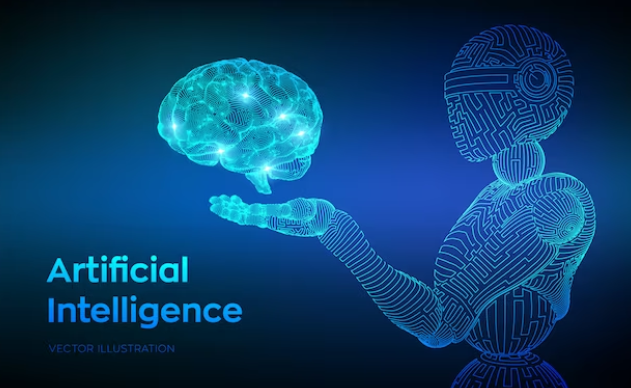
2Natural Language Processing (NLP)
In the world of sales, effective communication is paramount. AI-powered Natural Language Processing (NLP) tools are revolutionizing how sales professionals interact with customers. NLP enables machines to understand, interpret, and generate human language, making customer communication more efficient and insightful.
Consider a situation where a salesperson receives a lengthy email from a potential client outlining their requirements and concerns. NLP-powered tools can quickly analyze this email, extracting key information and sentiments. This empowers the salesperson to respond promptly and address the client's needs, ultimately building a stronger client relationship.
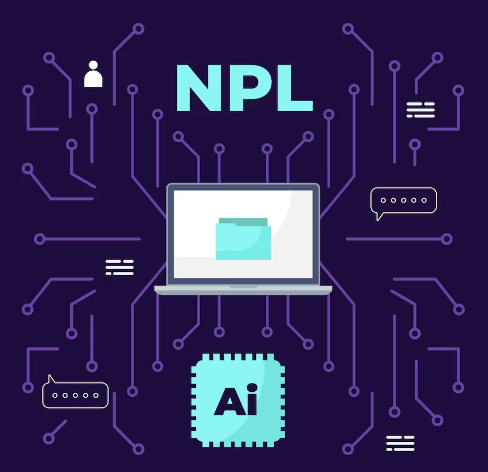
3Predictive Analytics
Predictive analytics is the crystal ball of sales. It harnesses historical data and sophisticated AI algorithms to provide invaluable insights into future sales trends. By analyzing past sales patterns, market conditions, and customer behaviors, predictive analytics assists businesses in making informed decisions.
Imagine a retail business preparing for the holiday season. Predictive analytics can analyze past holiday sales data, considering weather, consumer trends, and economic conditions. Based on this analysis, it can forecast which products will likely be in high demand and optimize inventory accordingly. This prevents overstocking and ensures that customers find the products they desire, enhancing overall sales performance.
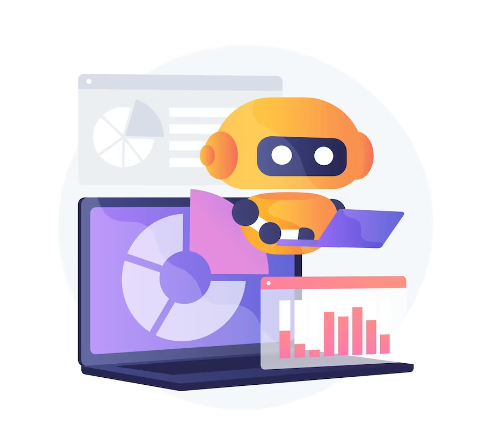
How Does AI Shaping the Sales Landscape?
Streamlining Sales Processes with AI
AI is a catalyst for streamlining sales processes, making them more efficient and effective.
- Lead Generation: AI uses historical data and predictive analytics to pinpoint potential customers, ensuring sales teams focus on high-conversion prospects.
- Sales Automation: Routine tasks like data entry and scheduling are automated, freeing sales professionals to build relationships and close deals.
- Sales Forecasting: AI's predictive capabilities refine sales forecasts, enhancing resource allocation and inventory management. This precision maximizes efficiency and profitability. AI's subtle but powerful impact is transforming sales, making them more efficient and customer-centric.
Personalized Customer Experiences
AI doesn't just change sales; it revolutionizes customer experiences.
- AI Chatbots: AI chatbots provide instant responses to customer inquiries, enhancing user experiences and freeing sales teams for more complex tasks.
- Virtual Assistants: AI-powered virtual assistants use customer data to make personalized product recommendations, boosting sales and customer satisfaction.
- Recommendation Systems: AI-driven recommendation systems analyze customer preferences to suggest products and services, increasing cross-selling and upselling opportunities.
AI for Sales Analytics and Insights
In the AI era, sales teams are equipped with formidable tools that empower them with unprecedented analytical capabilities and invaluable insights.
Accurate Sales Predictions:
AI-driven algorithms, fueled by machine learning and predictive analytics, provide sales teams with the gift of foresight. These algorithms meticulously analyze historical sales data, market trends, and a plethora of variables to deliver remarkably accurate sales predictions.
Enhanced Sales Performance:
The insights generated by AI go beyond mere predictions. They guide sales teams in making data-driven decisions. With a deeper understanding of customer behaviors, preferences, and buying patterns, sales professionals can tailor their strategies, improving overall performance and productivity.
Ethical Considerations and Challenges of AI in Sales
The rise of AI in sales is not without its ethical concerns and challenges.
- Data Privacy: AI relies on data but raises concerns about how personal information is collected, used, and protected.
- Bias in AI: AI algorithms can perpetuate bias if not carefully designed, posing ethical challenges in sales and marketing.
- Resistance to Change: Implementing AI in sales can face resistance from employees who are reluctant to adapt to new technology.
- Upskilling: AI requires a skilled workforce. Companies must invest in upskilling their employees to leverage AI's full potential.
Future Trends and Opportunities of AI in Sales
The AI revolution in sales is not reaching its zenith; it's just beginning to unveil its true potential. Voice-activated AI assistants are poised to reshape how sales professionals engage with customers.
Meanwhile, augmented reality applications promise immersive product experiences that can drive sales in novel ways, offering customers a deeper connection with products and services. Predictive lead scoring, powered by AI, is set to provide sales teams with a strategic advantage by helping them prioritize leads more effectively, ultimately boosting conversion rates.
Leverage AI Chatbots for Businesses Enhanced Interaction
Overall, AI has the potential to revolutionize sales by enhancing customer interactions, driving sales through immersive experiences, optimizing lead management, and fostering innovation and growth in businesses.
ChatInsight is the best choice for businesses can effectively analyze and understand customer conversations, helping businesses gain valuable insights. With its automated chat logs and sentiment analysis, it enables businesses to make data-driven decisions. Moreover, its interactive chatbot feature enhances customer engagement and provides 24/7 support. ChatInsight AI is a powerful tool that can streamline customer interactions, improve customer satisfaction, and boost overall business performance.
Conclusion
The impact of AI on sales is transforming. AI automates tasks, enhances customer experiences, and provides insights. However, this transformation is not without its ethical concerns and challenges, which businesses must address. Looking ahead, the future of AI in sales is filled with exciting possibilities, offering businesses a chance to stay ahead of the curve and gain a competitive advantage.
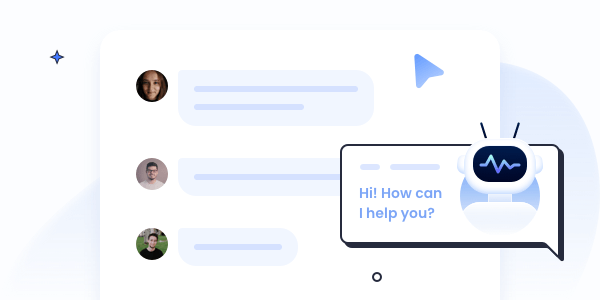

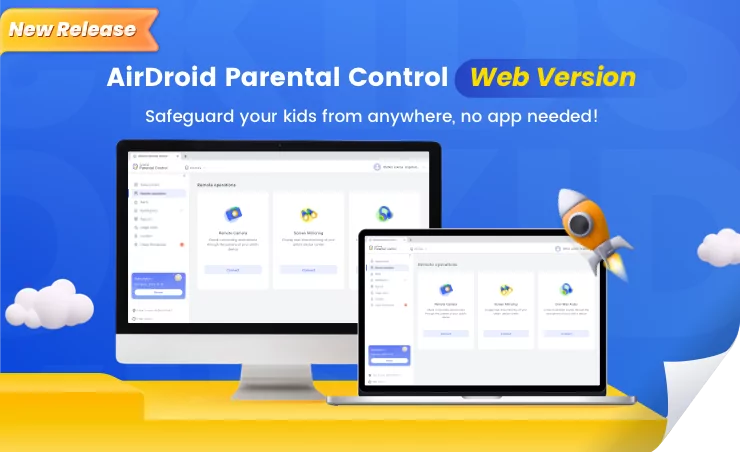
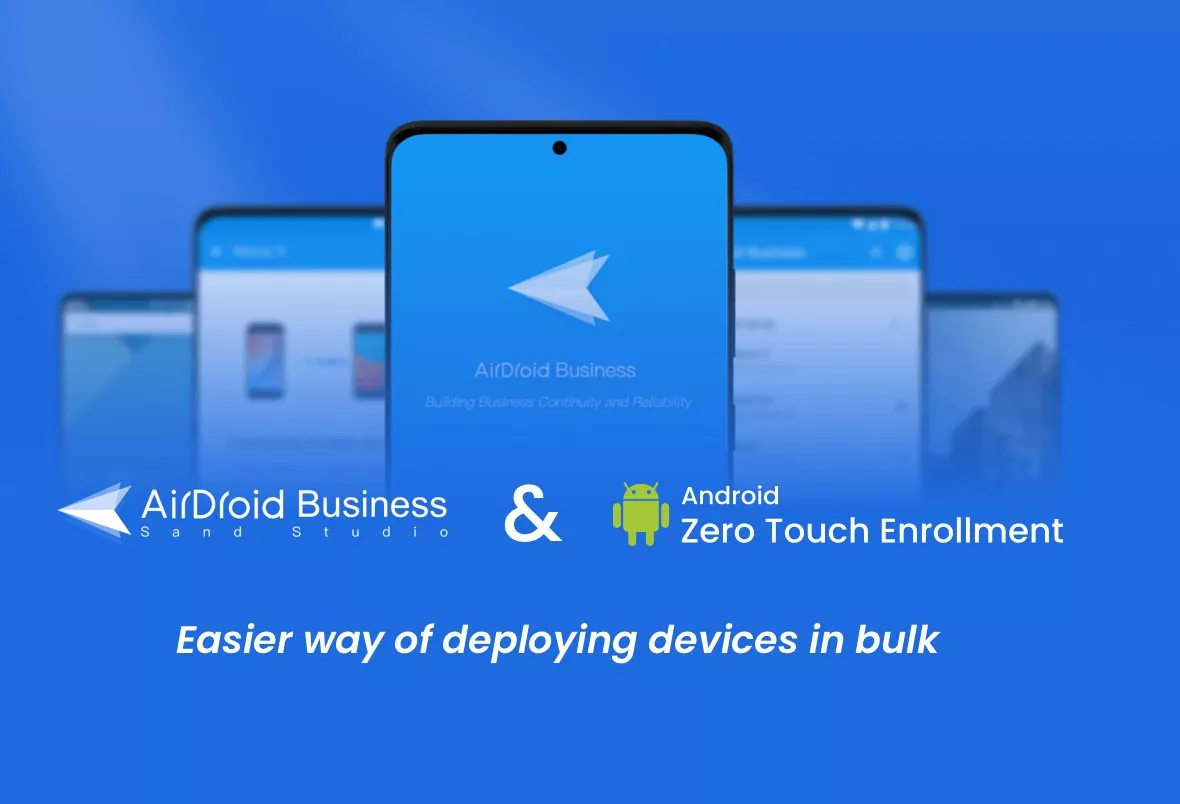





Leave a Reply.